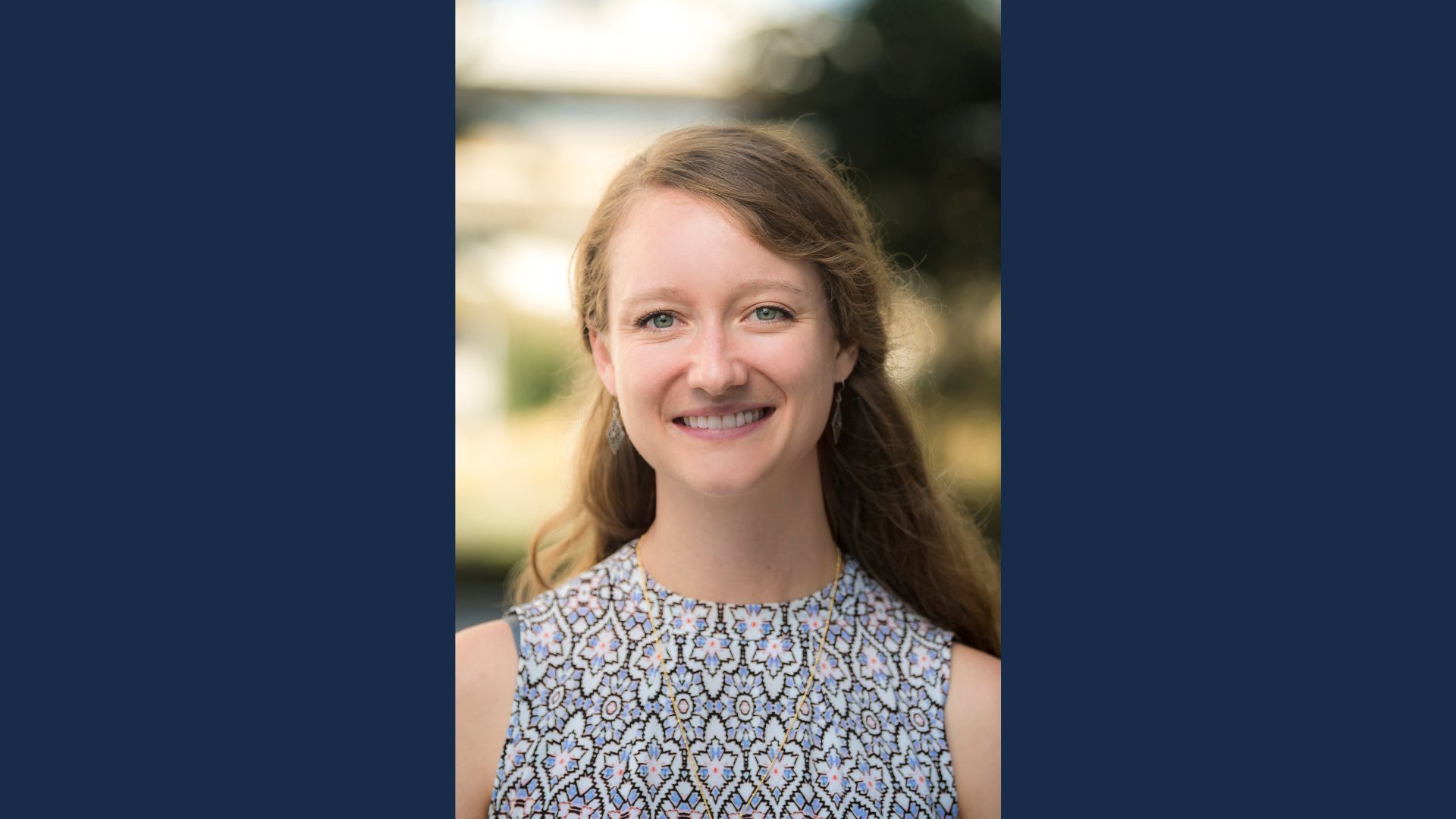World Bee Day 2024 is on May 20! Visit Geisel Library’s Seuss Room at noon for a lecture about the native bees of San Diego by Jess Mullins, a PhD student in the Ecology, Behavior and Evolution Department. Also presented during this World Bee Day program will be a live performance of Renaissance composer Charles Butler’s “Bee Madrigal” featuring singers Libby Weber, Helen Mout, Brad Fox and Scott Paulson. Of note, madrigal composer Butler (1571–1647) was also an important beekeeper of the era.
Immediately following the bee lecture and madrigal performance, join our lecturer Jess Mullins, bee historian Joe Bray and exhibit curator Scott Paulson for a tour of the Library’s World Bee Day exhibit, just steps away in the lobby of Geisel Library at The Nest, where refreshments will be served and a D.I.Y. bookmark-making activity (on a bee theme) will be enjoyed.
This marks the Library’s 10th year of springtime bee outreach, inspired by the carefully prepared specimen cases gifted to the Library in 2014 by James Hung, when, as a campus PhD student, he oversaw several years of major field research in San Diego’s native bees.
*******************************************
UC San Diego is now recognized as a Bee Campus:
UC San Diego became a Bee Campus USA member when Professor James Nieh, the Associate Dean of the Division of Biological Sciences, spearheaded efforts to take significant steps to support pollinators and create pollinator-friendly habitats on campus. As a Bee Campus, UC San Diego actively promotes pollinator health and conservation through various initiatives:
- Pollinator Gardens: UC San Diego has established pollinator gardens and natural areas that provide food, shelter, and nesting sites for bees, butterflies, and other pollinators. These spaces are carefully designed with native plants that attract and sustain pollinators.
- Educational Programs: The university organizes educational programs, workshops, and events to raise awareness about pollinators’ importance. Students, faculty, and staff learn about pollinator-friendly practices and how to create supportive environments for bees and other insects.
- Integrated Pest Management: UC San Diego practices integrated pest management (IPM) to minimize pesticide use. IPM focuses on sustainable pest control methods that protect pollinators and other beneficial insects.
- Research and Monitoring: The university supports research on pollinator populations, behavior, and habitat preferences. By monitoring pollinator activity, UC San Diego contributes valuable data to scientific understanding.
- Collaboration: UC San Diego collaborates with local organizations, government agencies, and community members to enhance pollinator conservation efforts. By working together, they create a network of pollinator-friendly spaces beyond the campus boundaries.
Overall, UC San Diego’s commitment to pollinator health aligns with the Bee Campus USA initiative, which aims to create a nationwide network of campuses dedicated to pollinator protection. Take heed: the City of San Diego is now recognized as a Bee City!
Contact:
Scott Paulson
spaulson@ucsd.edu

